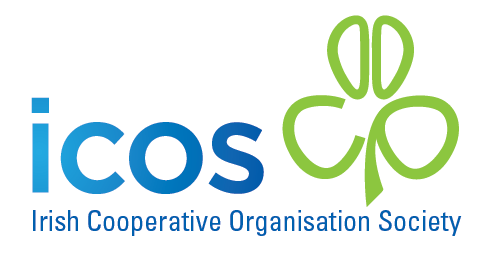ICOS Climate Change Working Group Established

On 1st April, the inaugural meeting of the ICOS Climate Change Working Group was held. The membership of the Working Group consists of representatives involved in sustainability matters and/or farm advisory functions from each of the milk processing co-ops, together with farmers from the ICOS Board.
ICOS President and the Chairman of the Working Group, Martin Keane opened proceedings by outlining the purpose and objectives of the Working Group. Mr. Keane outlined that the issue of climate change was a key strategic issue facing the Irish dairy sector. He noted the importance of capturing and understanding the range of information and developments in the area of climate change and agriculture so that the industry and government bodies can help farmers to adopt cost efficient and climate friendly farming practices.
Mr. Keane also noted that the industry needs to maintain its position as a producer of high quality, safe and carbon efficient dairy products by highlighting to international customers that the sector is taking its commitments in the area of climate change very seriously. Mr. Keane stated that the Working Group will produce a set of recommendations that he hopes the entire industry will buy into.
Mr. Keane then invited three external speakers from the Environmental Protection Agency (EPA), Department of Agriculture (DAFM), and Institute of International and European Affairs (IIEA) to deliver presentations. Overall, the level of engagement and interaction with the guest speakers was at a high level.
Dr. Bernard Hyde from the EPA explained how GHG emission inventories and projections are compiled, outlined the sources of GHG’s and carbon sinks, the range of livestock and farming activity covered by emission inventories, GHG trends from agriculture over the period 1990-2014 and GHG projections into the future.
John Muldowney from the DAFM discussed the Paris Climate Change Agreement and the role of agriculture, GHG reduction targets at EU level and future developments in this area, national policy developments and Food Wise 2025 and research actions at national and global level.
Joseph Curtin from the IIEA outlined Ireland’s unique problem in relation to climate change and agriculture, provided an estimate as to the cost to the exchequer for failing to comply with EU GHG targets, discussed various land use options and barriers to the consideration of adaptation options such as forestry.
Copies of the presentations are available upon request to Eamonn Farrell at eamonn.farrell@icos.ie
Eamonn Farrell
Agri Food Policy Executive